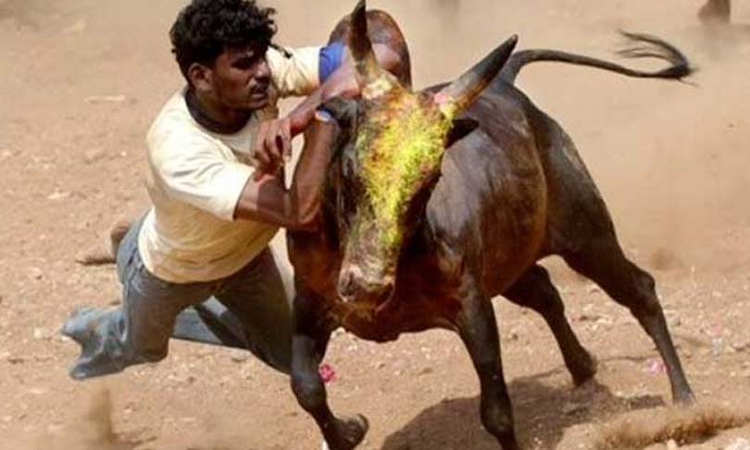The State of Tamil Nadu has recently filed its written submission before the Supreme Court in the Jallikattu matter (The Animal Welfare Board of India and Ors. vs. Union of India and Ors.) which is being heard by a 5-judge constitution bench.The Constitution Bench is considering the validity of the amendment made by the Tamil Nadu legislative assembly to the Prevention of Cruelty Act in order...

